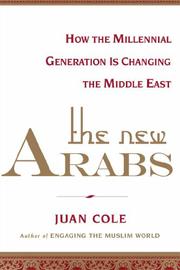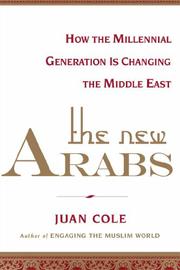By Juan Cole | (Informed Comment) | – –
How many American news reports about the Nobel Peace Prize given to the Tunisian Quartet that pushed the country toward democracy and compromise will mention that two of the four organizations so honored are national labor unions of workers? A third was an attorneys’ guild.
The four groups, who came together in summer, 2013, are The Tunisian General Labour Union (UGTT), The Tunisian Confederation of Industry, Trade and Handicrafts (UTICA), The Tunisian Human Rights League (LTDH), and the Tunisian Order of Lawyers.
When Western reporters writing for corporate newspapers ponder why a transition to democracy has been difficult for some countries (and not just in the Arab world), they almost never suggest that it is because workers are not unionized enough or that unions are not sufficiently engaged in civic life. The sleight-of-hand of the editors for the rich is to focus on difficulties presented by “tribe” or sectarianism. But what institutions in the Middle East actively overcome these primordial identities? Labor unions and peace and human rights groups.
With rates of unionization in single digits in the United States and would-be presidential candidates such as Scott Walker running on union-bashing (he had to withdraw from the race), it is hard for Americans with their plutocracy to imagine a place where unions remain active, networked and able to push society in progressive directions. But few social scientists think Germany, e.g. would be nearly as successful as a society without its labor unions. The dominance of oligarchs and lack of workers’ rights in some parts of the former East bloc probably played a role in their political failures and violent struggles.
I tell the story of Tunisia’s remarkable seven-league-boots’ steps toward democracy in my recent book, just out in paperback:
The New Arabs: How the Millennial Generation is Changing the Middle East

Suffice it to say that two political assassinations roiled Tunisia in spring and summer of 2013. Muslim extremists targeted politicians of the far left National Front. Many Tunisians began losing faith in the ability of the center-right, Muslim-tinged government of the Renaissance Party (al-Nahda) to govern the country and finish drafting the new constitution.
In summer and fall of 2013, the two labor unions above joined with youth demonstrators, human rights workers, and activist attorneys to pressure the Renaissance Party to finish up the constitution and to resign in favor of a technocratic government that could oversee new elections for a regular parliament in an unbiased fashion. Renaissance dominated the first freely elected constituent assembly of October 2011 after the people threw out Zein El Abidine Ben Ali and his dictatorship. That assembly was supposed to craft a new constitution in 2 years and act as a parliament until a regular legislature could be elected.
But the Renaissance Party dragged on in power into fall of 2013. There were not only controversies about its tolerance of secular freedom of speech and potential coddling of Muslim hard liners, but also about whether it would put Islamic canon law (sharia) in the constitution or whether it would strengthen or weaken women’s rights.
Because of the masses of students in the streets (and the student unions could have been mentioned by the Nobel Committee), and because of their alliance with the labor unions and other forces, the Renaissance Party quickly finished a secular constitution and passed it through parliament in January, 2014 and then resigned in favor of technocrats. The new government oversaw elections in fall of 2014, which were won by secularists.
The Renaissance Party deserves enormous credit for its commitment to dialogue, and for compromising with its critics. But it has to be admitted that the party was pushed in this direction by the labor unions, youth and other activists, women who demonstrated in the streets, and human rights organizations. The 2013 Egyptian military coup against the Muslim Brotherhood government in that country may also have put al-Nahda into a mood to compromise.
In my book, I recount the role of the labor unions and of youth and student activists in this so far promising transition.
We should conclude that for national advancement, democratization and social development, states such as Wisconsin and Michigan need more, not fewer activist unions. The Tunisians are getting it right, even as America’s plutocrats try to shut down or marginalize America’s own unions.


 © 2026 All Rights Reserved
© 2026 All Rights Reserved